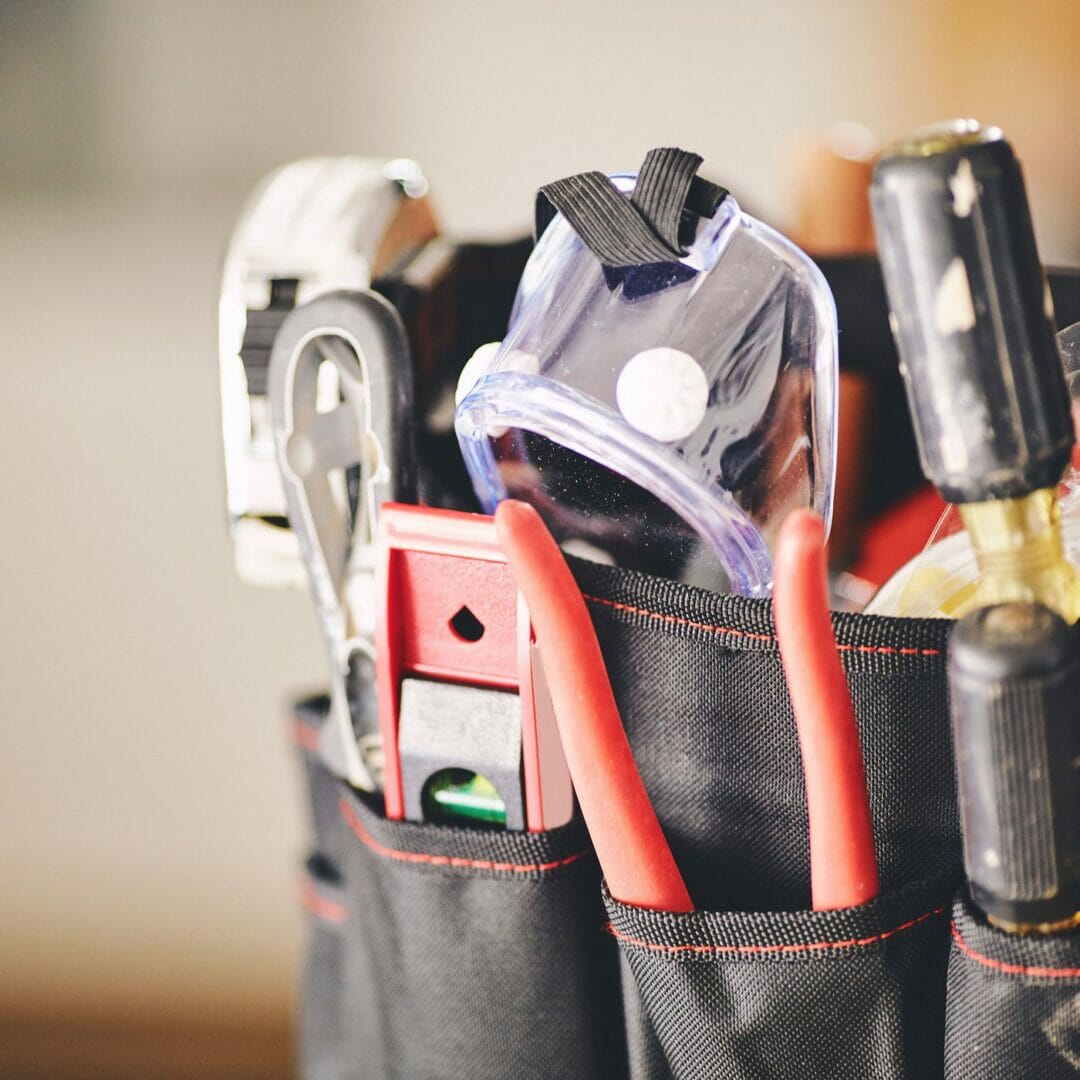
Whether you have taken your first steps up the property ladder, or begun a new vocation as a landlord, you may be looking to expand your skillset into DIY territory. As a property owner, responsibility for repairs will fall to you – and the cost of labour can render some jobs much more expensive than they may seem.
Many simple DIY tasks can be carried out with the right tools and a little basic know-how. But how should you go about choosing the right tools for your first tool kit?
The Box
Before you start out on your tool-buying journey, you should ensure you have somewhere to store them. It may go without saying that tools need a box to keep them safe, but choosing a toolbox should not be treated as an incidental decision.
While not the first thing you may think of when it comes to buying tools, buying the right tool box can make a world of difference to the accessibility and condition of your new equipment. Tool boxes come in a manner of shapes and sizes, depending on your needs; tool chests can be installed in your garage or under the stairs, while castor-wheel tool boxes allow for increased mobility.
Measuring Tools
Next, the importance of procuring good measuring equipment cannot be overstated. Tape measures are indispensable when it comes to a majority of DIY tasks, but represent a small part of a much wider field.
A good spirit level is especially important where house fittings are concerned, enabling you to ensure shelves and other wall-mounted fixtures are installed level. Calipers are useful precision measuring tools, and can be used to make simple jobs even easier.
Hand Tools
There are a number of basic tools that belong in every person’s toolbox, having demonstrated practical utility for generations. A good set of screwdrivers will ensure you are able to address any domestic fixture or appliance; likewise, with a comprehensive spanner and socket set.
Other hand tools that come in especially handy for household DIY work come in the form of hammers and pliers. The form can be irreplaceable for adjustments, fitting via nails, and ‘percussive maintenance’, while the latter can help you remove nails and parts with precision.
Power Tools
Lastly, power tools are a necessary addition to any homeowner’s toolbox to enable more hands-on repairs and DIY improvements. Power drills make furniture building much quicker and simpler and enable the drilling of holes in masonry for tasks, such as the fitting of shelves on exterior walls.
Jigsaws and angle grinders mean you can carry out your own plumbing repairs with ease as well and allow for more major home upgrades. Belt sanders may have their uses in carpentry but can also be incredibly helpful in smoothing out walls after plastering.
